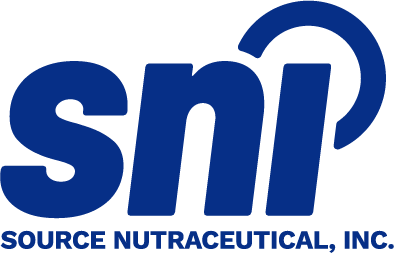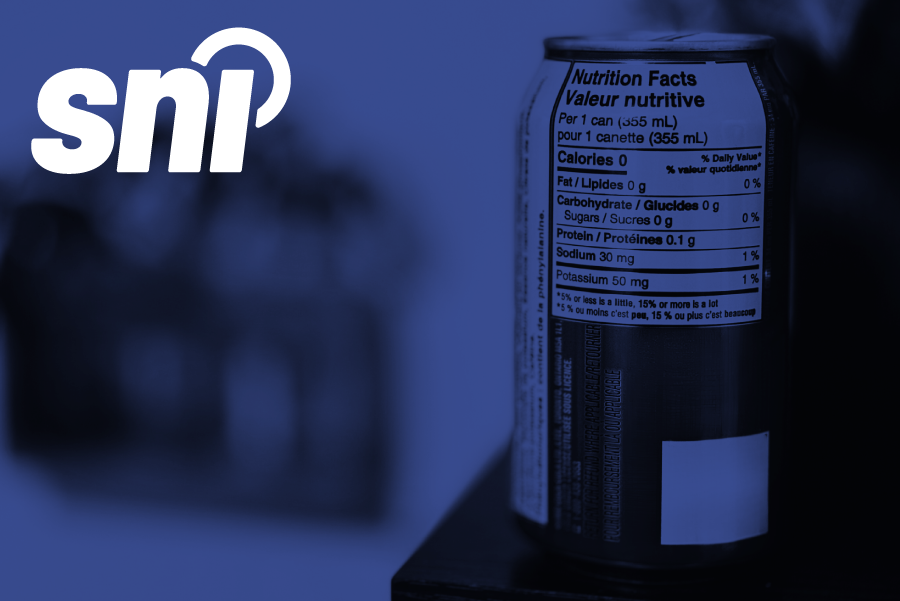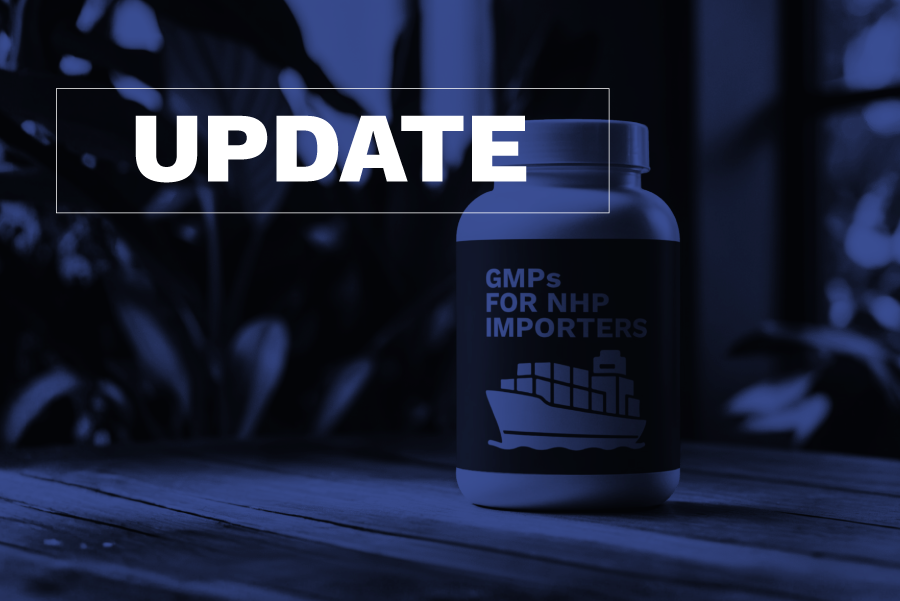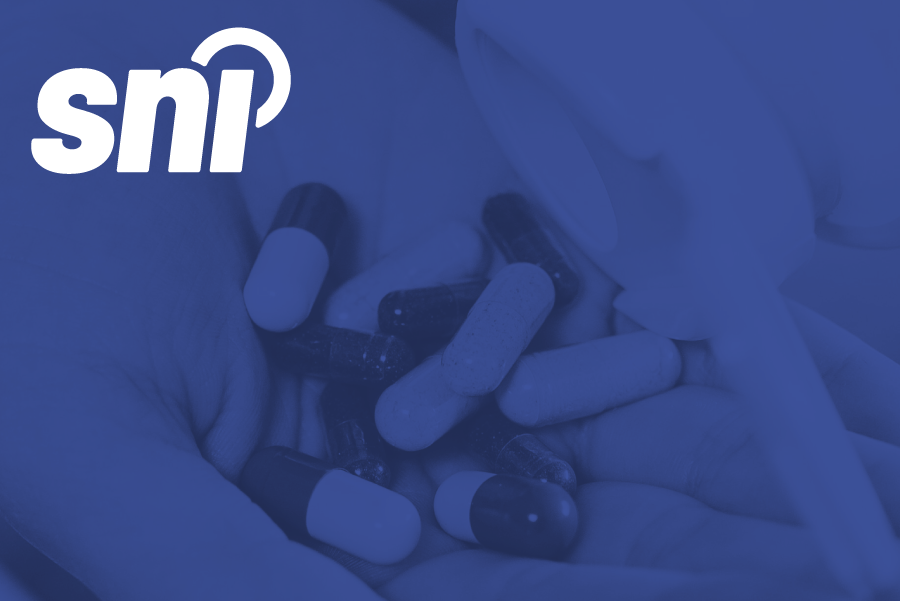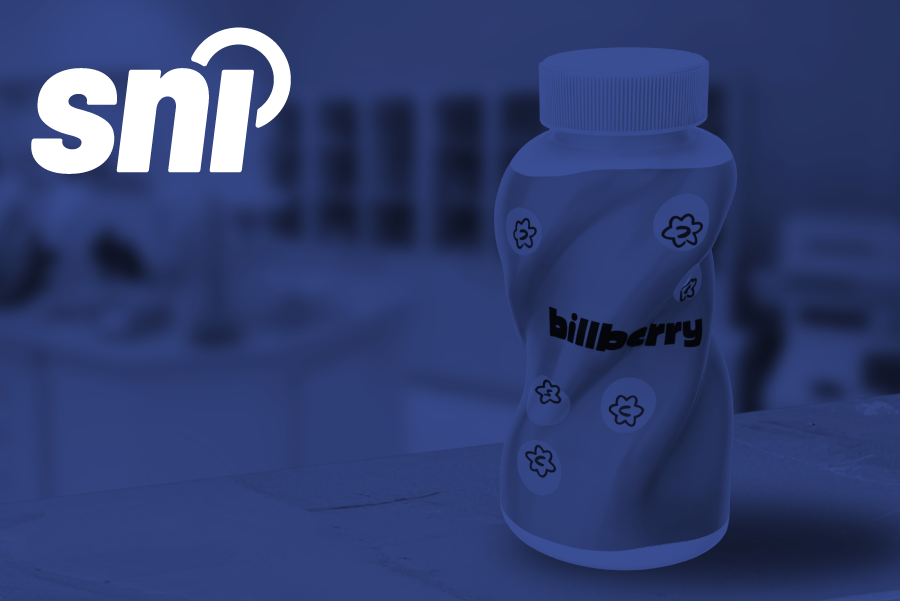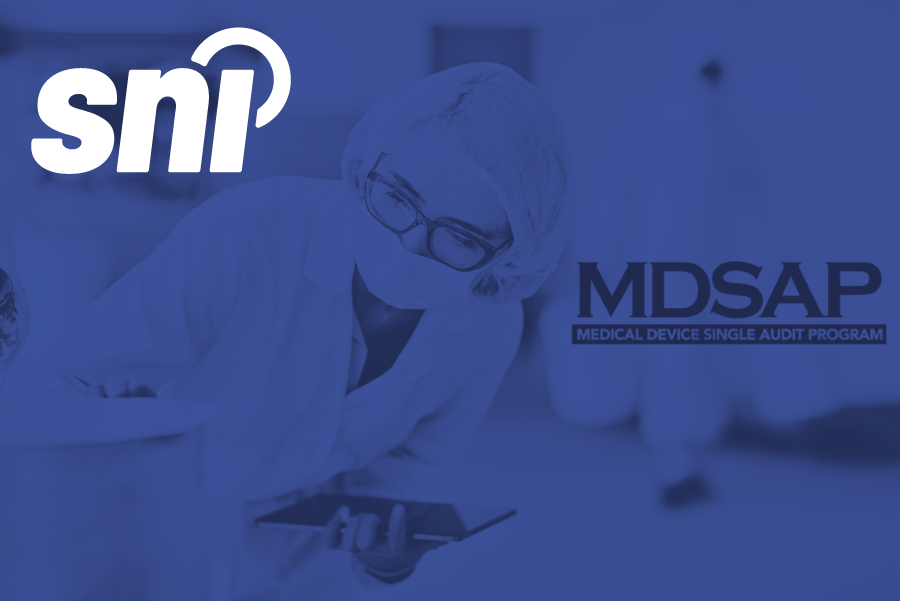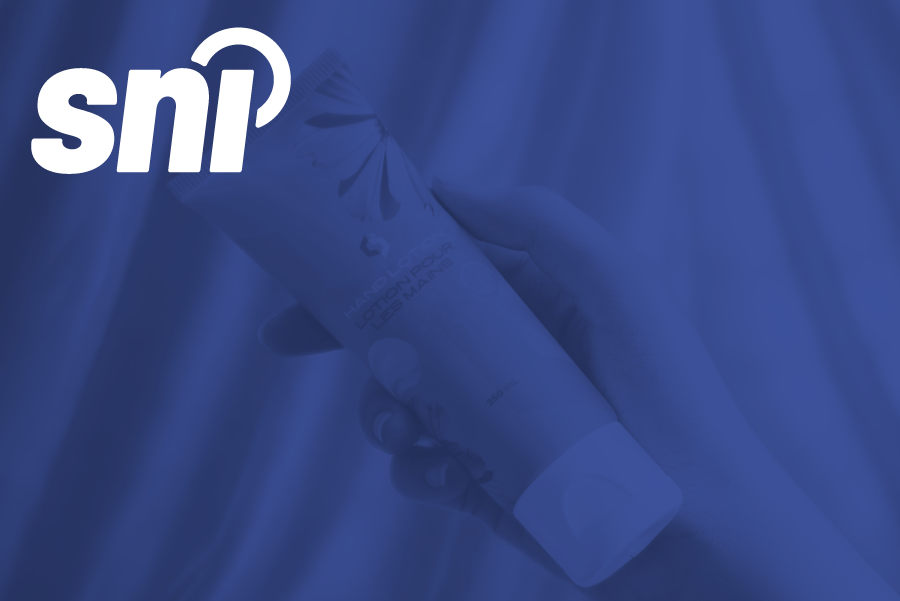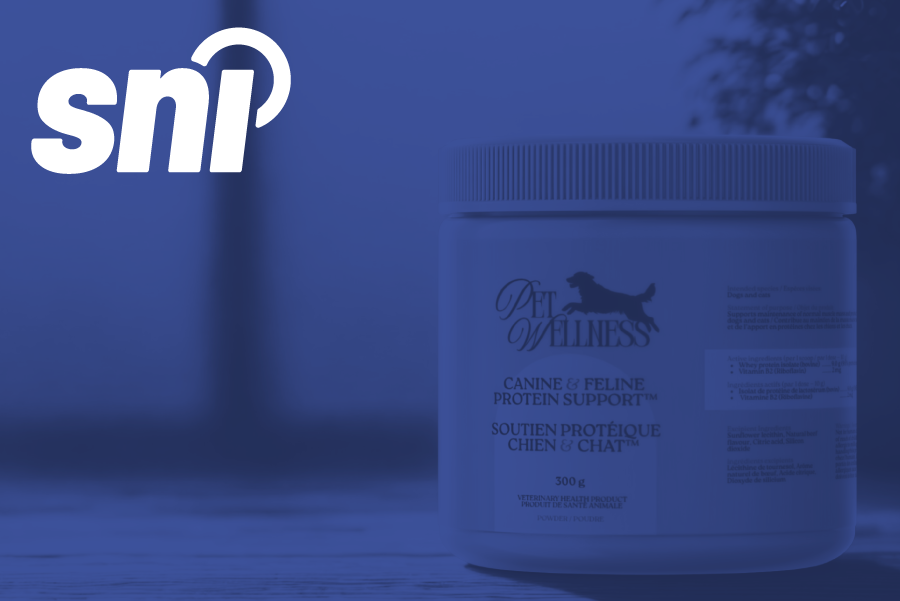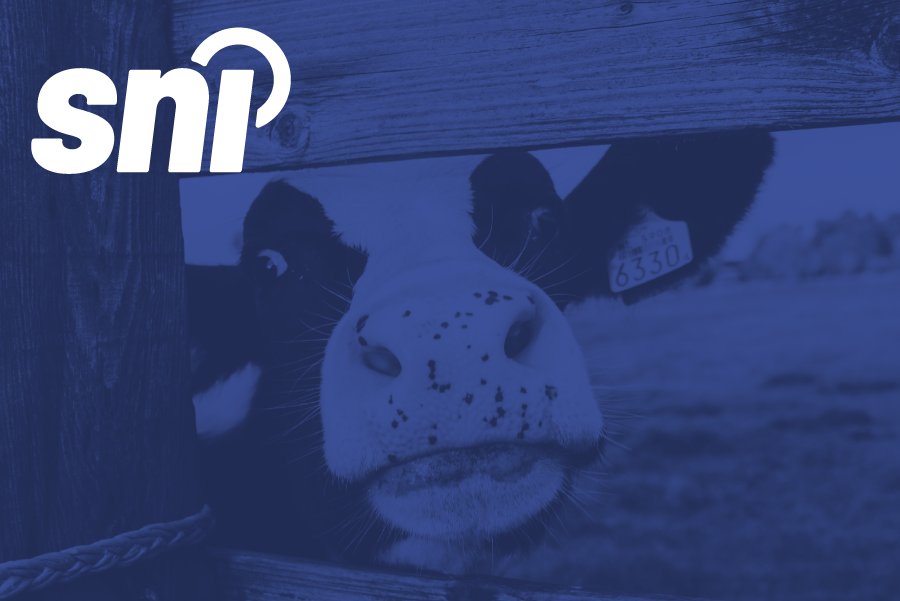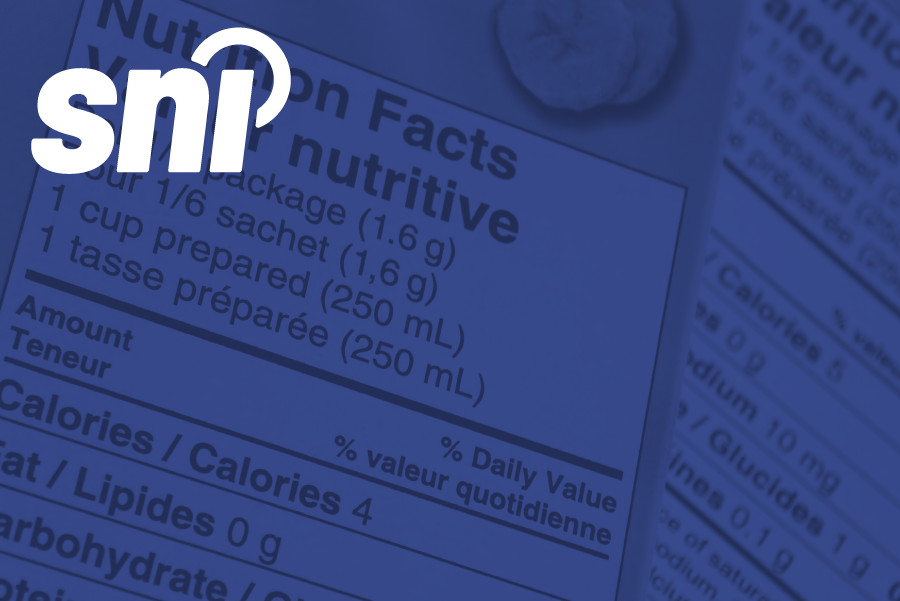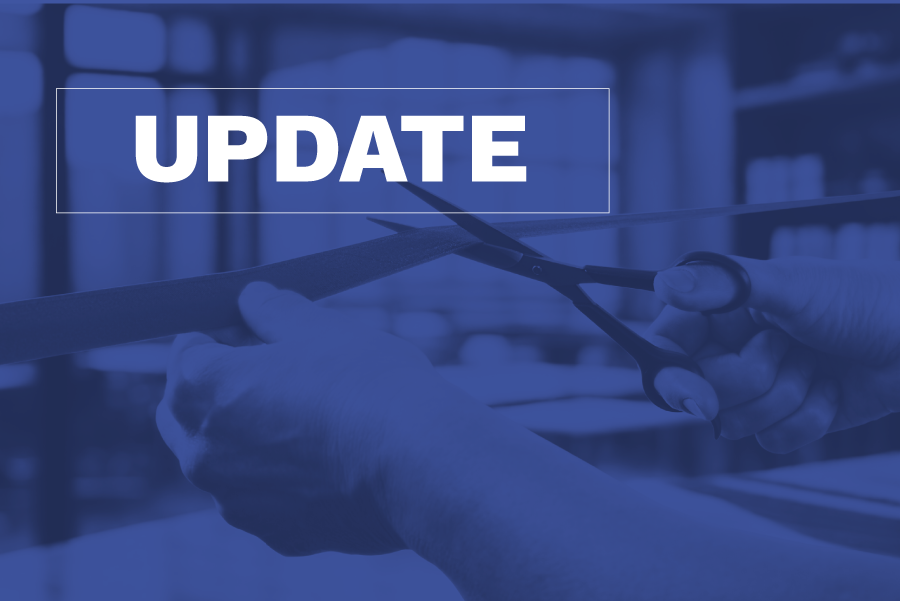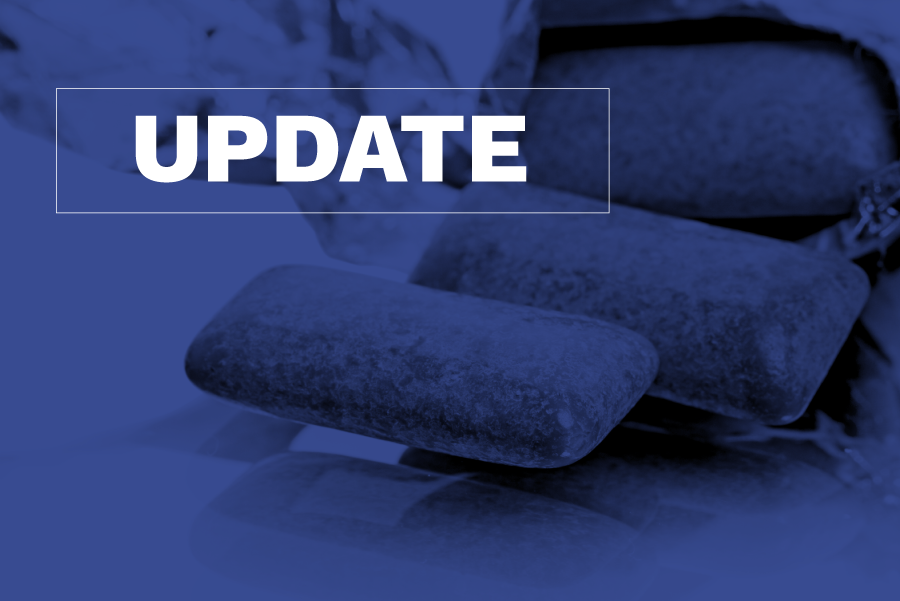Nutrition Facts Table Regulations in Canada: How to Meet the Requirements
SNI – November 25, 2025
General Overview of Nutrition Facts Table RegulationsMandatory Nutrients Declared in Nutrition Facts Tables (NFts)Rounding Rules for Nutrition Values in the Nutrition Facts TableReview of Key Nutrition Facts Table (NFt) ElementsThe Serving Size RequirementsServing Size for Single-Serving and Multi-Serving FoodsThe Role of Reference Amounts (RAs)Daily Value (DV) and Percent Daily Value...
Read More
NHP Cost Recovery Paused: What NHP Companies Should Know
SNI – November 19, 2025
The natural health products (NHP) sector in Canada continues to evolve as Health Canada progresses toward a modernized, risk-based regulatory framework. Many industry stakeholders have been monitoring the proposed cost recovery initiative with a tentative target implementation date of December 1, 2025. Health Canada has confirmed that this implementation date...
Read More
2025 GMP Overhaul for Natural Health Products (NHPs): What It Means for Canadian Importers and Site Licence Holders
SNI – November 18, 2025
When Health Canada released Version 4.0 of the Good manufacturing practices guide for natural health products (GUI-0158) on September 4, 2025, it marked the first major revision of good manufacturing practices (GMP) expectations in a decade. The new guide, which will become enforceable on March 4, 2026, following a six-month...
Read More
Hierarchy in Label Design: Elements, Levels, and Best Practices (2025)
SNI – November 13, 2025
A product label is often the first interaction a consumer has with a brand. It captures attention, communicates purpose, and conveys trust within seconds. However, a label’s success depends on more than just good design; it must also comply with strict regulatory standards. In Canada, where bilingual labelling, standardized Nutrition...
Read More
How to Obtain a Foreign Site Reference Number (FSRN) – A Brief Executive Overview
SNI – November 11, 2025
When foreign facilities manufacture, package, or label Natural Health Products (NHPs) for the Canadian market, Health Canada requires proof of Good Manufacturing Practices (GMP) compliance. To simplify this process and reduce administrative duplication, the Natural and Non-prescription Health Products Directorate (NNHPD) issues a Foreign Site Reference Number (FSRN). An FSRN...
Read More
Canada Pet Food Import Regulations 2025: Permits, Documentation & Compliance Guide
SNI – November 6, 2025
Importing pet food into Canada demands rigorous oversight, meticulous documentation, and consistent traceability. Under the jurisdiction of the Canadian Food Inspection Agency (CFIA), finished pet food, treats, and chews destined for the Canadian market must satisfy admissibility criteria based on species, ingredient origin, processing standards, and disease-control safeguards. These rules reflect Canada’s...
Read More
Unlock the Secrets: Health Canada’s NHP Labelling Flexibilities for 2028
SNI – November 4, 2025
As part of the upcoming Plain Language Labelling (PLL) requirements for Natural Health Products (NHPs) sold in Canada, Health Canada has introduced several flexibilities to help manufacturers address the challenges of fitting standardized Product Facts Table (PFT) content on small or uniquely shaped packaging. These flexibilities provide alternative approaches for...
Read More
Understanding MDSAP and Its Role in Canadian Market Access
SNI – October 30, 2025
The Medical Device Single Audit Program (MDSAP), developed by the International Medical Device Regulators Forum (IMDRF), is a harmonized audit framework that allows a single ISO 13485:2016 audit, conducted by an approved Auditing Organization (AO), to meet the quality management system (QMS) requirements of multiple regulatory authorities simultaneously. In Canada, MDSAP serves as the recognized mechanism...
Read More
Health Canada to Implement ICH E6(R3): What It Means and How to Prepare
SNI – October 28, 2025
On October 17th, Health Canada has confirmed it will implement the ICH E6(R3) Good Clinical Practice (GCP) guideline, a major international update to the way clinical trials are designed, managed, and documented. The goal is to strengthen participant safety, improve data quality, and modernize how clinical research is conducted in Canada. ...
Read More
Cosmetic Labelling in Canada: What You Need to Know
SNI – October 23, 2025
When introducing a new cosmetic product to the Canadian market, manufacturers and importers must meet several key regulatory obligations. Products must contain only safe ingredients that are permitted for cosmetic use, be properly notified to Health Canada through a Cosmetic Notification Form (CNF), and display labels that fully comply with...
Read More
Veterinary Health Product (VHP) Labelling Requirements in Canada: What You Need to Know
SNI – October 21, 2025
An essential element of regulatory compliance for Veterinary Health Products (VHPs) is ensuring that labels meet Canadian requirements and clearly communicate safe and proper use. Labels are more than a design feature; they are a primary tool to support product identification, responsible administration, and consumer confidence. In Canada, VHPs are...
Read More
Pet Food vs. Livestock Feed in Canada: What You Need to Know
SNI – October 16, 2025
For manufacturers and brand owners preparing to enter the Canadian market, one of the most critical early steps is determining whether a product will be classified as pet food or as livestock feed. This classification is not simply a formality. It defines which regulations apply, which authorities are responsible, and...
Read More
Canadian Bilingual Food Labelling Requirements: What You Need to Know
SNI – October 9, 2025
In Canada, bilingual food labelling is a core requirement that ensures consumer transparency, accessibility, and trust. Both English and French must appear on most consumer prepackaged foods sold at retail. These requirements are enforced under the Food and Drug Regulations (FDR) and the Safe Food for Canadians Regulations (SFCR), with...
Read More
Foreign Site Reference Number (FSRN) for Canada: A Complete Guide
SNI – October 7, 2025
When foreign facilities manufacture, package, or label Natural Health Products (NHPs) for the Canadian market, Health Canada requires proof that these sites meet Good Manufacturing Practices (GMPs). To simplify this process, the Natural and Non-prescription Health Products Directorate (NNHPD) issues a Foreign Site Reference Number (FSRN). An FSRN acts as...
Read More
Pet Food Labelling in Canada: What You Need to Know
SNI – October 2, 2025
An essential element of regulatory compliance in any product sector is ensuring that product labels meet the specific requirements of the country where the products are sold and that they clearly communicate the product’s intended use. This requirement is no different for pet food products, which are also subject to...
Read More
NHP Clinical Trials – Feasibility and Portfolio Assessment
SNI – September 25, 2025
Clinical trials for natural health products (NHPs) such as vitamins, herbal remedies, and probiotics bring scientific rigour to traditional health claims. In Canada, where consumer protection and evidence-based regulation are priorities, sponsors are beginning to shift away from running isolated trials toward building comprehensive clinical research strategies. This shift reflects...
Read More
Health Canada’s 2025 Update to the GMP Guide (GUI-0158) for Natural Health Products – What’s New in Version 4.0 and How to Comply
SNI – September 23, 2025
Adhering to good manufacturing practices (GMP) is a cornerstone of regulatory compliance for companies in the natural health product (NHP) industry. In Canada, GMP requirements are outlined in Health Canada’s Good manufacturing practices guide for natural health products (GUI-0158), which supports Part 3 of the Natural Health Products Regulations. The...
Read More
Health Canada’s 2025 Red Tape Reduction Plan: What You Need to Know
SNI – September 18, 2025
Cutting red tape is at the heart of Health Canada and the Public Health Agency of Canada’s new regulatory modernization plan. In July 2025, the Government of Canada launched a federal Red Tape Review to address growing concerns that outdated, duplicative, and overly complex rules are slowing market access, discouraging...
Read More
New and Upcoming FDA Changes in 2025: GRAS Rules, FOP Labelling, and Supplement Ingredients – What You Need to Know
SNI – September 16, 2025
On September 4, 2025, the U.S. Food and Drug Administration (FDA) published its Unified Regulatory Agenda, a key planning document that outlines the Agency’s top priorities over the coming year. Among the many proposed and final rules, three initiatives stand out for their potential to significantly impact food and dietary...
Read More
Chewing Gum Exemption for “Free of Sugars” Claim Reinstated
SNI – September 9, 2025
On September 2, 2025, Health Canada updated the Table of Permitted Nutrient Content Statements and Claims, modifying the table to once again exempt chewing gum from the energy conditions set out under the “free of sugars” claim. Learn more about this regulatory change and what it means for manufacturers and...
Read More
